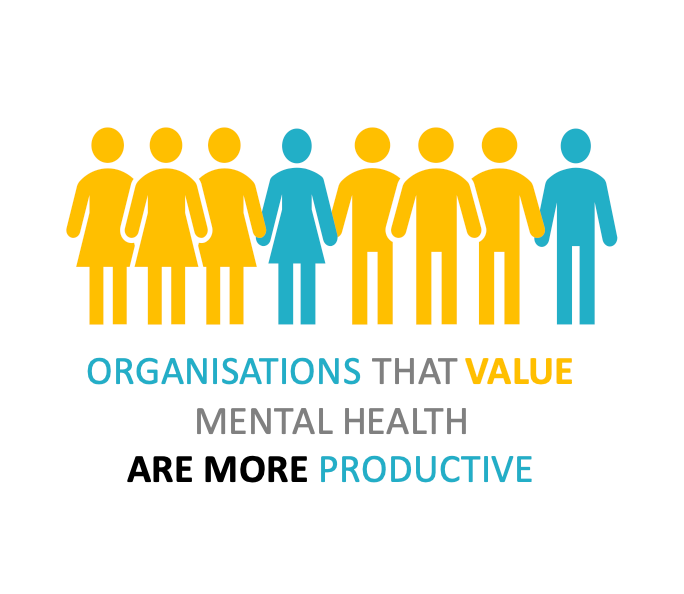The Crucial Connection Between Mental Health Wellbeing and Health & Safety in the Workplace

Introduction
In today's fast-paced and highly competitive business world, organisations are increasingly recognising the importance of prioritising mental health wellbeing and health and safety. This shift in focus isn't just about corporate social responsibility; it's about ensuring the profitability and success of the organisation. The relationship between employee mental health, safety, and profitability is undeniable, and in this article, we'll explore why managing these issues is crucial for any organisation's financial success.
The Impact of Mental Health on Productivity
Mental health wellbeing has a direct and profound impact on employee productivity. When employees experience high levels of stress, anxiety, or depression, their ability to focus and perform effectively is compromised. Absenteeism, presenteeism (where employees are physically present but not fully engaged), and turnover rates can increase when mental health is neglected.
Team dynamics can also be adversley affected by a colleague experiencing a mental health or wellbeing issue.
On the other hand, when organisations prioritise mental health, they create a more supportive and conducive work environment. Employees are more likely to be engaged, motivated, and productive, leading to better work outcomes. By investing in employee mental health, organisations can improve overall performance and, subsequently, profitability.
Safety Equals Savings
The importance of maintaining a safe work environment cannot be overstated. Accidents and injuries result in both direct and indirect costs to organisations. Direct costs include medical expenses, workers' compensation, and potential legal liabilities. Indirect costs, such as lost productivity, training replacements, and damage to an organisation's reputation, can often far exceed the direct expenses.
By proactively addressing health and safety concerns, organisations can reduce accidents and injuries, resulting in substantial savings. Furthermore, a safe workplace also fosters a culture of trust and loyalty among employees, as they feel valued and protected. This can lead to decreased turnover rates, lower recruitment and training costs, and increased profitability through a stable and committed workforce.
The Legal and Ethical Imperative
Beyond the financial aspects, there is a strong legal and ethical imperative for organisations to prioritise mental health wellbeing and health and safety. Neglecting employee mental health can result in legal action related to workplace stress, harassment, and discrimination.
Moreover, employees expect their organisations to take responsibility for their well-being, not only because it's the right thing to do but also because it's what will attract and retain top talent. Companies that fail in this regard can face a damaged reputation, making it challenging to attract and retain employees, partners, and customers.
The Business Case for Profitability
Managing mental health wellbeing and health and safety in the workplace is not just a moral obligation but a strategic move to improve profitability. Prioritisng mental health leads to a more engaged and productive workforce, while a strong focus on safety saves costs and builds a culture of trust and loyalty. Organisations that invest in their employees' well-being will find themselves better positioned for sustained success in an increasingly competitive business world.
By recognising the vital connection between mental health, safety, and profitability, organisations can create a win-win situation for both employees and their bottom line.
Talk to Big Mountain Consultancy or your HR specialist consultant today and see how you can manage mental health and well being in your organisation.
#workplacementalhealthandwellbeing #mentalhealth #bigmountainconsultancy #healthandsafety #worldmentalhealthday










